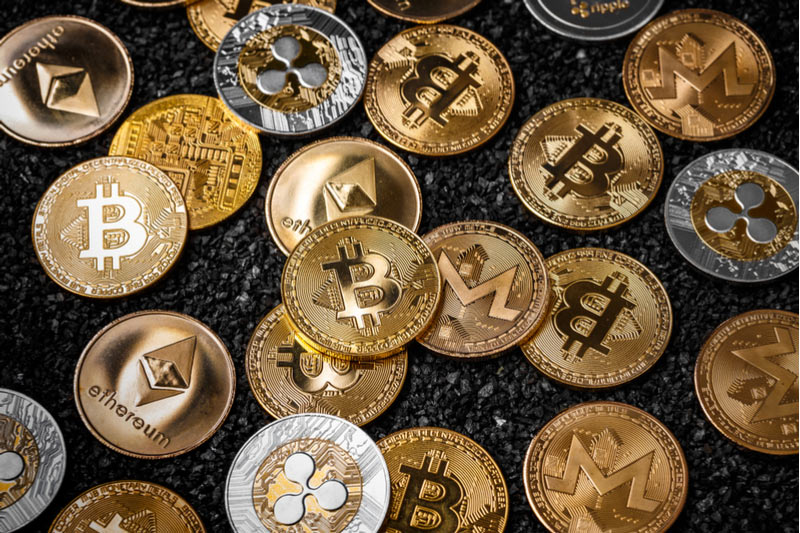Cointelegraph is following the development of an entirely new blockchain from inception to mainnet and beyond through its series, Inside the Blockchain Developer’s Mind. In previous parts, Andrew Levine of Koinos Group discussed some of the challenges the team has faced since identifying the key issues they intend to solve, and outlined three of the “crises” that are holding back blockchain adoption: upgradeability, scalability and governance. This series is focused on the consensus algorithm: Part one is about proof-of-work, part two is about proof-of-stake and part three is about proof-of-burn.
In the first article in the series, I explored proof-of-work (PoW) — the OG consensus algorithm — and explained how it works to bootstrap decentralization but also why it is inefficient. In the second article, I explored proof-of-stake (PoS) and how it is good for lowering the operating costs of a decentralized network relative to proof-of-work, but also why it further entrenches miners, requires complex and ethically questionable slashing conditions and fails to prevent “exchange attacks.”
